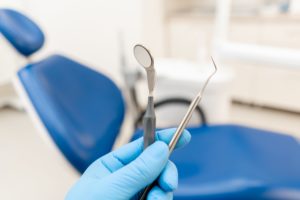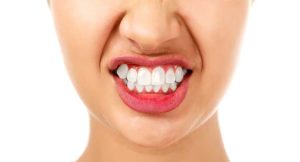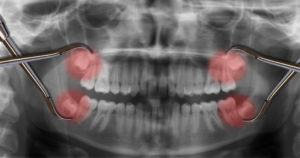Part two of Coast Dental’s ‘early education is key’ series will look at providing oral health care to children once they have all of their milk (baby) teeth.
In part one of our ‘early education is key’ series, we looked at what you can do to take care of your child’s oral health up to the point that their first tooth erupts. In this blog, we are going to skip ahead to when your child has all of their baby teeth.
First let’s take a step back: teething
When it comes to your child’s first few teeth, they may either experience a lot of discomforts or none at all. As teeth develop they will push up through your baby’s gums which can cause:
- Pain
- Swelling
- Irritation
Think of baby teeth like wisdom teeth: for some people, they erupt with no problems at all, and for others, it’s a painful process which ends in them needing to be removed. While there are remedies and gels you can buy for your baby’s irritated gums, we recommend first talking with your GP. Especially, if your child is under 4 months old because the symptoms of teething can also be a sign of an ear infection.
More often than not teething is only a problem for the first few teeth, however, if this is not the case for your child, please visit Coast Dental or your GP.
When can your child brush their own teeth?
As a rule of thumb, a child will be able to brush their own teeth when they can tie their shoelaces. Another way of thinking about it is: when your child has the dexterity and control to reach right to the back of their mouth.
Ideally, you should supervise the brushing of their teeth until they are 7 or 8, to ensure they reach all of their teeth and clean them thoroughly.
Maintaining your child’s oral health
With a good diet and brushing and flossing every day, you can help your child maintain good oral health. Additionally, you should bring your child to the dentist for a check-up and clean. What dentists at Coast Dental can also do for your child is place fissure sealants on your child’s teeth.
Fissure sealants are similar to fillings: the composite resin is applied to the biting surface of the tooth in order to prevent cavities. With proper care, a fissure sealant can last up to a year and is a great way to help keep your child’s teeth healthy and clean.
Thank you reading part two of our ‘early education is key’ series. In the last blog of the series, we will be looking at the early teens and when you should consider braces for your child.






